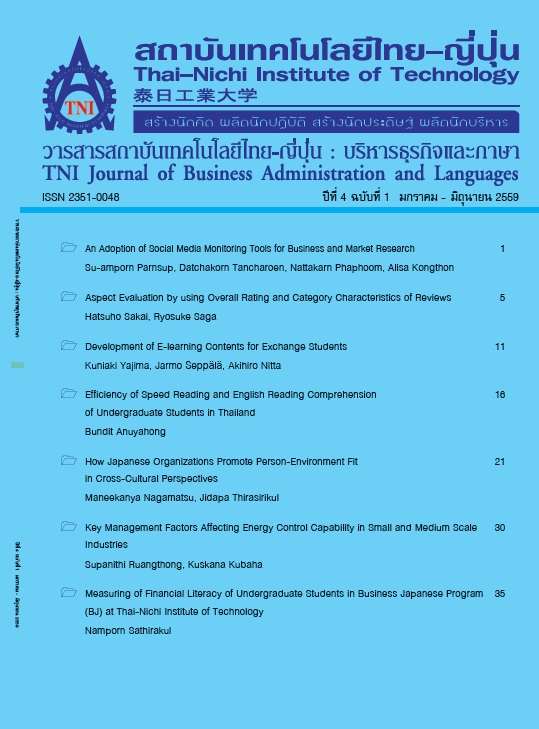Peacekeeping in ASEAN and the OAS a Comparative Analysis
Main Article Content
Abstract
The nature of peacekeeping has also changed. Peacekeeping has gone from operations that have involved mediating and observing ceasefires between states, to direct intervention in conflicts where state authority has been overthrown or has collapsed. A corollary to this has been the growing focus on issues that fall outside the realm of traditional military topics but touch on issues of democracy, human rights, economic development and environmental issues. These non-traditional security challenges have redefined the scope of peacekeeping.
The Association of Southeast Asian Nations has in recent years expressed a desire to develop an ASEAN peacekeeping force. This paper addresses the question of whether the Association of Southeast Asian Nations has developed an institutional framework that would lead to an ASEAN peacekeeping or peacebuilding force.
This paper then addresses ASEAN’s contemporary peacekeeping dilemma. Acomparative analysis ofASEAN with the Organization of American States serves to highlight the ongoing deficiencies in ASEAN. ASEAN has failed to make critical reforms that would enable peacekeeping or peace-building. This comparative analysis shows that ASEAN despite its move to create a political-security community with a peacekeeping component lacks the institutional capabilities that the Organization of American States has instituted.
Article Details
Article Accepting Policy
The editorial board of Thai-Nichi Institute of Technology is pleased to receive articles from lecturers and experts in the fields of business administration, languages, engineering and technology written in Thai or English. The academic work submitted for publication must not be published in any other publication before and must not be under consideration of other journal submissions. Therefore, those interested in participating in the dissemination of work and knowledge can submit their article to the editorial board for further submission to the screening committee to consider publishing in the journal. The articles that can be published include solely research articles. Interested persons can prepare their articles by reviewing recommendations for article authors.
Copyright infringement is solely the responsibility of the author(s) of the article. Articles that have been published must be screened and reviewed for quality from qualified experts approved by the editorial board.
The text that appears within each article published in this research journal is a personal opinion of each author, nothing related to Thai-Nichi Institute of Technology, and other faculty members in the institution in any way. Responsibilities and accuracy for the content of each article are owned by each author. If there is any mistake, each author will be responsible for his/her own article(s).
The editorial board reserves the right not to bring any content, views or comments of articles in the Journal of Thai-Nichi Institute of Technology to publish before receiving permission from the authorized author(s) in writing. The published work is the copyright of the Journal of Thai-Nichi Institute of Technology.
References
LJones, “ASEAN’s unchanged melody? The theory and practice of non-interference in Southeast Asia,” The Pacific Review, vol. 23, no. 4, p. 479 - 502, 2010.
“The World Factbook, Country Comparison: Population,” Central Intelligence Agency, 2015. [Online]. Available:https://www.cia.gov/ library/publications/the-world-factbook/rankorder/2119rank.html.
“GDP ranking,” The World Bank, 2016. [Online]. Available: https://data.worldbank.org/data-catalog/GDP- ranking-table.
“CHARTER OF THE ORGANIZATION OF AMERICAN STATES (A-41).” [Online]. Available:https://www.oas.org/en/sla/dil/docs/ inter_american_treaties_A-41_charter_OAS.pdf.
P. F. Virginia, “Regional Organizations and Peacekeeping: Experiences in Latin America and Africa,” 1993. [Online]. Available: https://www.stimson.org/sites/default/files/fileattachments/Occasional_Paper11_1.pdf.
“AG/RES. 1080 (XXI-O/91) REPRESENTATIVE DEMOCRACY,” 1991. [Online]. Available: https://www.oas.org/juridico/english/agres 1080.htm.
M. Hilaire and M. Justin, “Regional peacekeeping in the post-cold war era,” International Peacekeeping, vol. 6, no. 2, pp. 129 - 151, 1999.
R. Kerstin, “Thailand’s Coup - Will ASEAN Answer?,” The Diplomat Magazine, 2014. [Online]. Available:https://thediplomat.com/2014/05/thailands-coup-will-asean-answer/.
P. Ankit, “Thai Parliament Rubber-Stamps General as Prime Minister,” The Diplomat Magazine, 2014. [Online]. Available:https://thediplomat. com/2014/08/thai-parliament-rubber-stamps-general-as-prime-minister/.
“Democracy Index 2014,” The Economist Intelligence Unit Limited, 2015. [Online]. Available: https://www.sudestada.com.uy/Content/ Articles/421a313a-d58f-462e-9b24-2504a37f6b56/Democracy-in¬dex-2014.pdf.
“Third Summit of the Americas : PLAN OF ACTION,” Summit of the Americas : Secretariat, Quebec City, Canada, PLAN, 2011.
Organization of American States, the Tenth Anniversary of its Inter-American Democratic Charter : a hemispheric commitment to democracy. Washington, D.C.: Organization of American States, 2001.
Association of Southeast Asian Nations, “ASEAN Charter,” Association of Southeast Asian Nations, 2007. [Online]. Available: https://asean.org/asean/asean-charter/.
“Organization of American States, Secretariat for Strengthening Democracy,” 2016. [Online]. Available: https://www.oas.org/en/spa/dsdsm/.
“MAPP/OEA - Mision de apoyo al Procesos de paz en Colombia.,” 2016. [Online]. Available: https://www.mapp-oea.org/.
Department of Electoral Cooperation and Observation, “Electoral Observation Missions and Recommendations Database,” Organization of American States [Online]. Available: https://www. oas.org/EOMDatabase/default.aspx?Lang=en.
“Peace Operations 2015 / 2016,” The Center for International Peace Operations, 2015. [Online] Available: https://www.zifberlin.org/fileadmin/uploads/analyse/dokumente/veroeffentlichungen/ZIF_World_Map_Peace_Operations.pdf.


